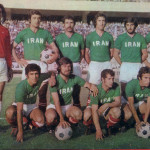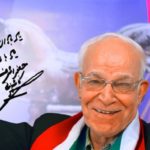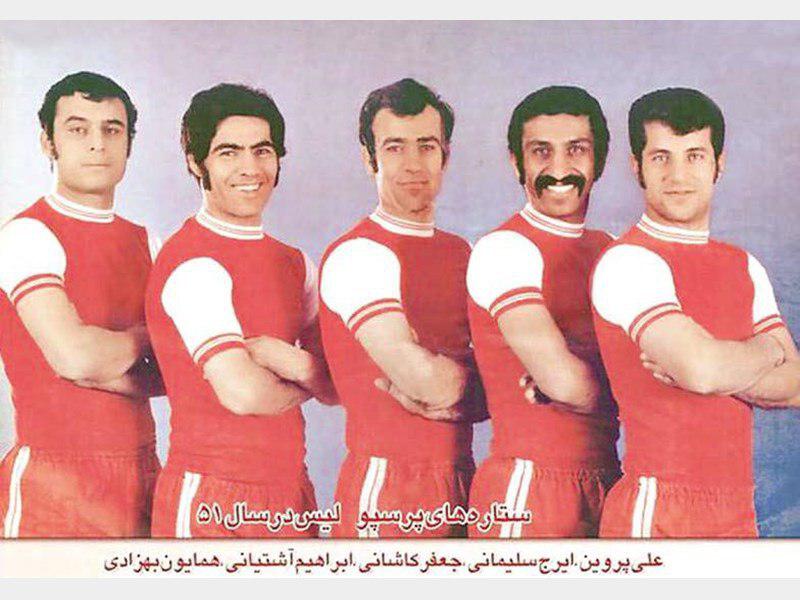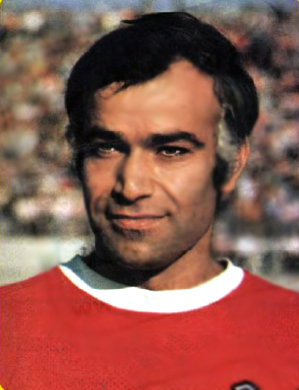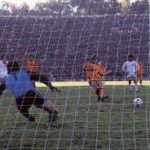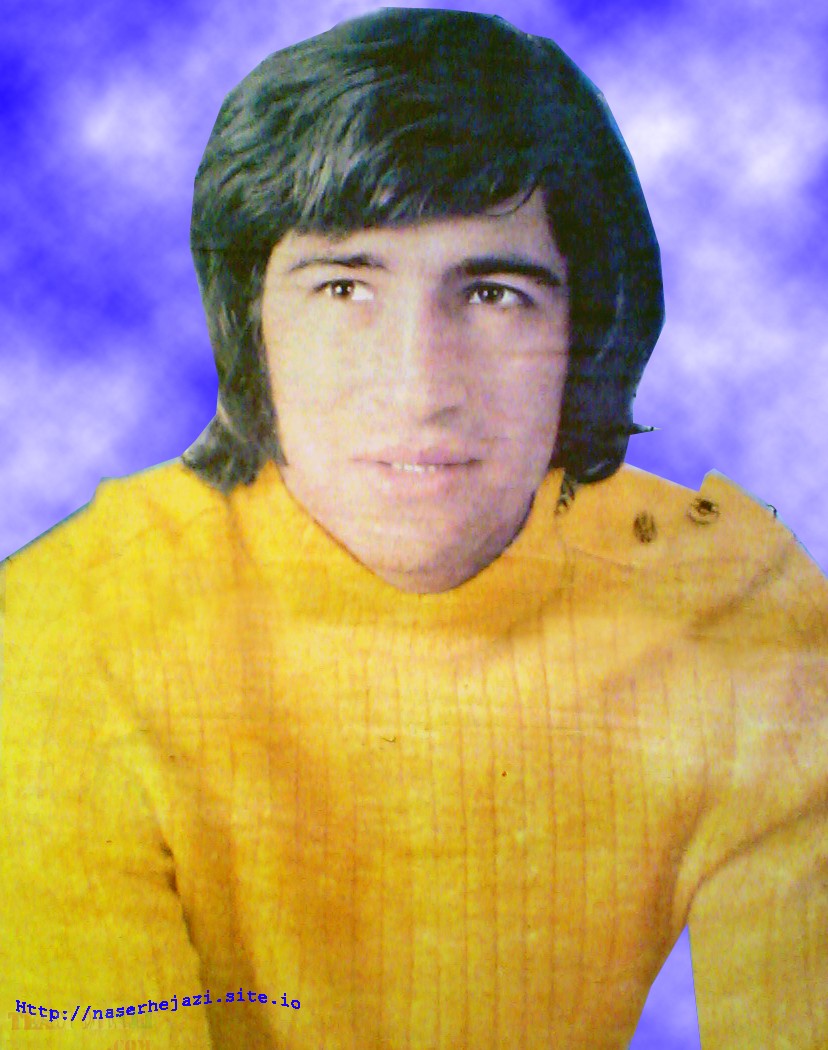The dust has temporarily settled after the intense criticism that followed Team Melli’s 2026 World Cup qualifiers. Amir Ghalenoei, the national team coach, and the players found themselves under fire from the media, critics, and fans alike. This debate extended beyond football, touching on sensitive issues such as patriotism, loyalty, and politics. Social media is rife with claims that the current national team no longer represents the Iranian people, with a growing sentiment that it lacks widespread support.
There was also criticism within the team as Sardar Azmoun, the savior of Team Melli against Kyrgyzstan with a splendid winner, admitted that Team Melli lacks professional mentality after the match.
Discontent with Team Performance
A key source of dissatisfaction is Team Melli’s underwhelming performances, particularly in the second halves of matches. Both North Korea and Kyrgyzstan managed to score two goals each against Iran’s fragile defense, and only the woodwork prevented Korea from securing an equalizer. These second-half collapses have left many fans frustrated.
However, much of the criticism has been directed at Amir Ghalenoei himself. His appointment after Carlos Queiroz’s departure following the 2022 World Cup was controversial. Ghalenoei’s tenure has been marked by strained relations with critics and a lack of public rapport. Instead of addressing concerns about his defensive strategies with confidence, Ghalenoei has accused his detractors of unpatriotic behavior or personal grudges—an approach that has done little to calm tensions but much to turn the former Esteghlal player and coach into a hated figure.
Prominent Critics Speak Out
Ghalenoei’s critics include high-profile media figures and former Team Melli coaches. Jalal Cheragpour , former Team Melli coach, has openly stated that Ghalenoei is not up to the job and should be replaced before the next World Cup. TV anchor Javad Khiabani launched impassioned critiques, highlighting the lack of professionalism and etiquette among some national team players, which he deemed unfit for international representation.
Ebrahim Ghasempour, a member of Iran’s 1978 World Cup team, who played with legends such as Ghleechkhani, Hejazi, Rowshan, Parvin, has also weighed in on the broader issues afflicting Iranian football. He cited systemic failures in both club and national setups, emphasizing that the foundations of Iranian football are weak.
Systemic Issues in Iranian Football
Ghasempour pointed to poor management and the absence of proper infrastructure as critical challenges. “The backbone of our national team is our clubs, but they face a myriad of problems,” he explained. He criticized the performances of Iran’s premier clubs, Persepolis and Esteghlal, in recent Asian competitions, where they struggled against relatively weaker teams. Esteghlal, for example, failed to beat Al-Rayyan, a second-tier Qatari club.
The veteran footballer highlighted a troubling trend: Iran’s failure to achieve results in international competitions across all levels. From the senior national team’s empty-handed returns from the AFC Asian Cup to the U23 team’s failure to qualify for the Olympics, Iranian football has struggled to make a mark.
Mismanagement and Wasted Resources
According to Ghasempour, decades of mismanagement have left Iranian football stagnant. Clubs lack proper tools and infrastructure, despite significant financial resources flowing into the sport, mainly from the government. These funds are often misallocated or squandered. For example, grassroots development in clubs like Foolad Khuzestan and Sepahan exists in name only, as few academy graduates are promoted to senior teams.
This lack of a pipeline has also affected Esteghlal and Persepolis, Iran’s most popular clubs. Despite their large fan bases, these teams rarely field players from their own academies. Instead, they spend billions of tomans on player salaries without seeing a proportional return on investment.
Ghasempour lamented the poor quality of players and astronomical wages, stating, “A player earning 40 or 50 billion tomans often lacks basic skills, like passing accurately to a teammate. These contracts need serious scrutiny.”
The Path Forward
Ghasempour believes the solution lies in overhauling football management at every level, from the Football Federation to local clubs. He called for competent skilled leaders with practical plans to take charge, rather than the current nepotistic system where posts are handed to relatives and close friends. “If we want to elevate Iranian football, we must start at the top,” he concluded. “Only then can we hope for real growth.”

